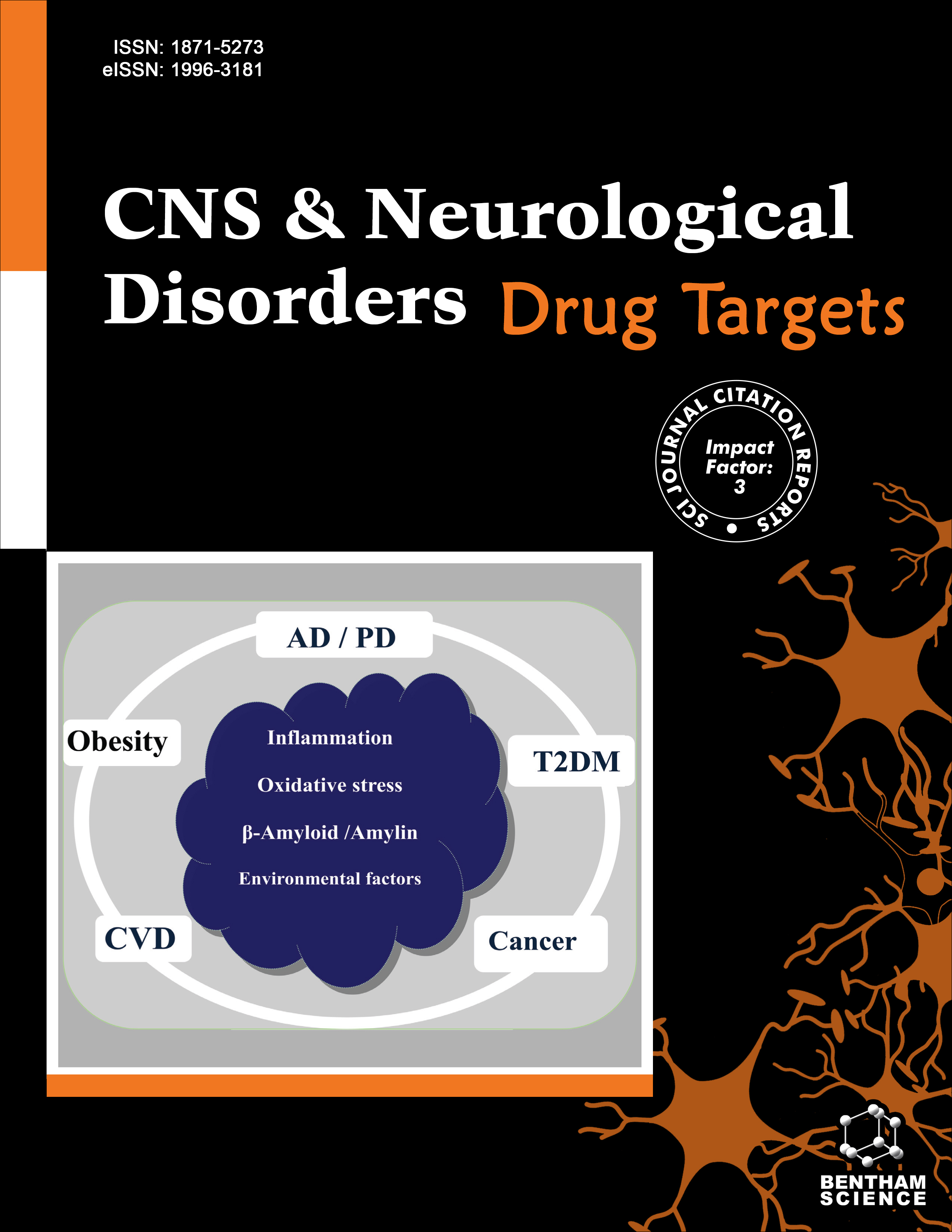-
oa The Role of Neurogenesis in Neurodegenerative Diseases and its Implications for Therapeutic Development
- Source: CNS & Neurological Disorders - Drug Targets, Volume 7, Issue 2, Apr 2008, p. 187 - 210
-
- 01 Apr 2008
Abstract
Neurodegenerative diseases are characterised by a net loss of neurons from specific regions of the central nervous system (CNS). Until recently, research has focused on identifying mechanisms that lead to neurodegeneration, while therapeutic approaches have been primarily targeted to prevent neuronal loss. This has had limited success and marketed pharmaceuticals do not have dramatic benefits. Here we suggest that the future success of therapeutic strategies will depend on consideration and understanding of the role of neurogenesis in the adult CNS. We summarize evidence suggesting that neurogenesis is impaired in neurodegenerative diseases such as Parkinson's, Alzheimer's and Amyotrophic Lateral Sclerosis, while it is enhanced in stroke. We review studies where stimulation of neurogenesis is associated with restored function in animal models of these diseases, suggesting that neurogenesis is functionally important. We show that many current therapeutics, developed to block degeneration or to provide symptomatic relief, serendipitously stimulate neurogenesis or, at least, do not interfere with it. Importantly, many receptors, ion channels and ligand-gated channels implicated in neurodegeneration, such as NMDA, AMPA, GABA and nicotinic acetylcholine receptors, also play an important role in neurogenesis and regeneration. Therefore, new therapeutics targeted to block degeneration by antagonizing these channels may have limited benefit as they may also block regeneration. Our conclusion is that future drug development must consider neurogenesis. It appears unlikely that drugs being developed to treat neurodegenerative diseases will be beneficial if they impair neurogenesis. And, most tantalizing, therapeutic approaches that stimulate neurogenesis might stimulate repair and even recovery from these devastating diseases.


